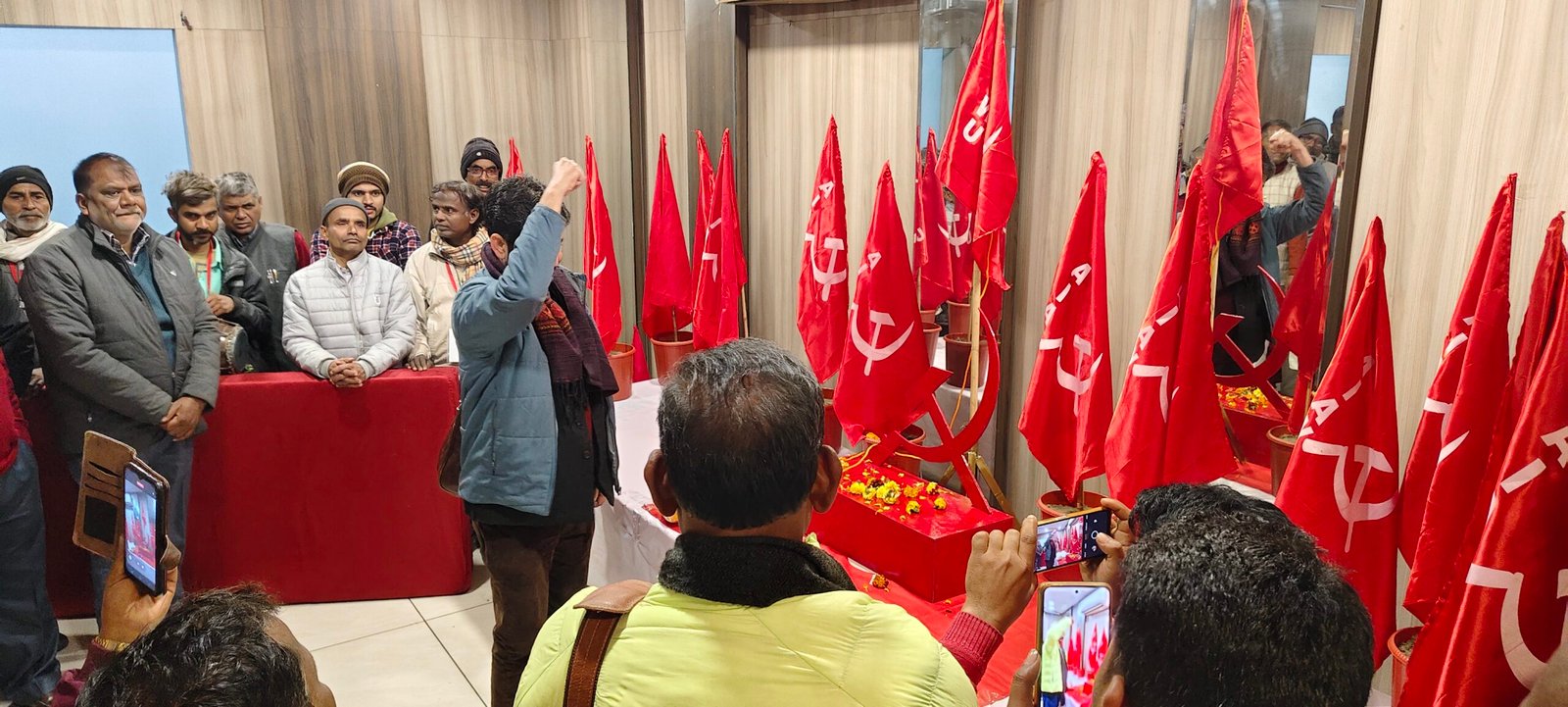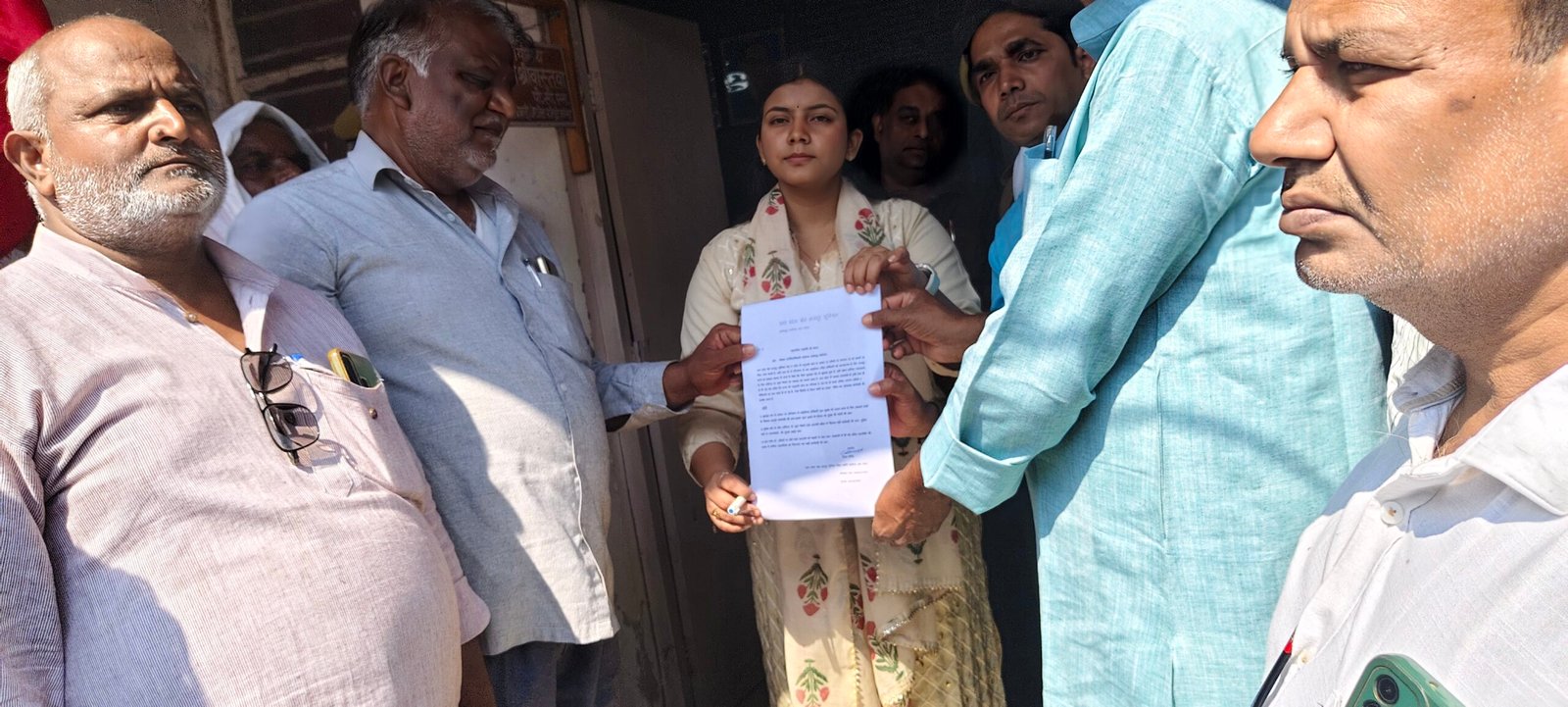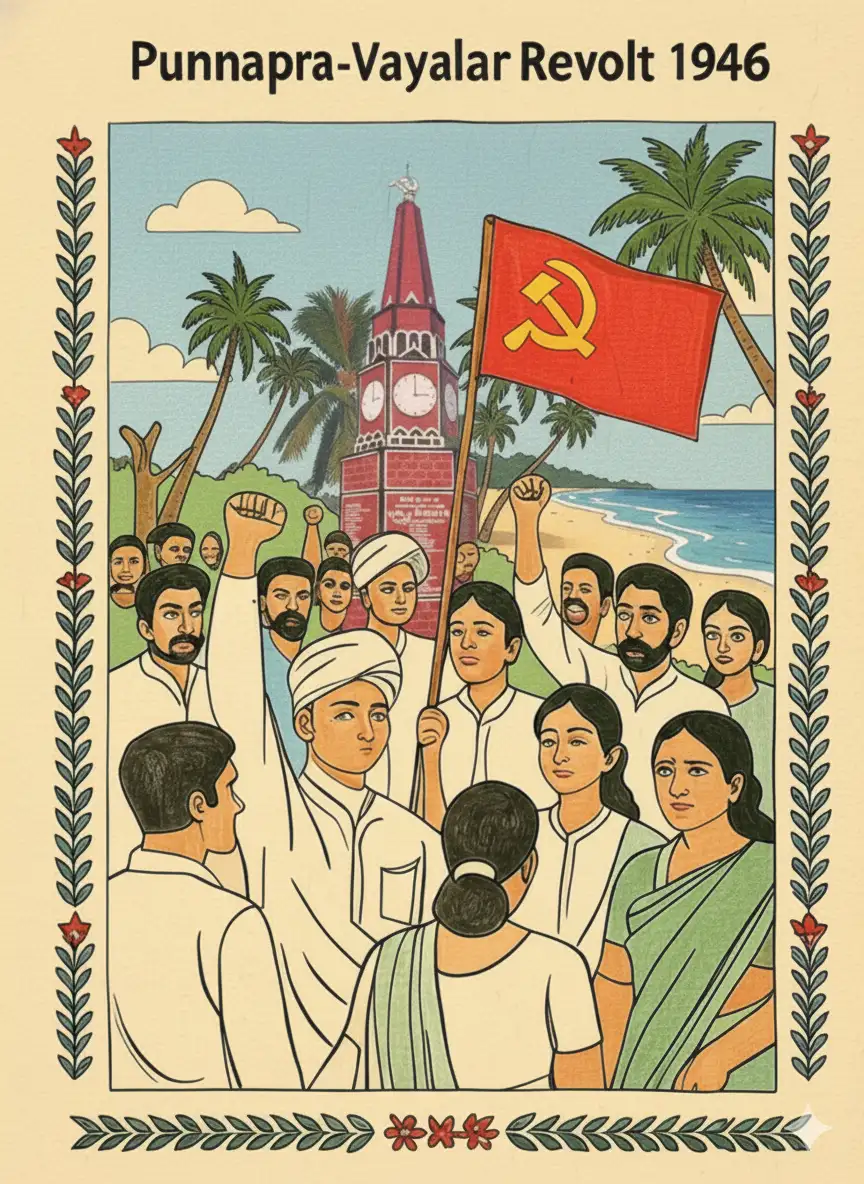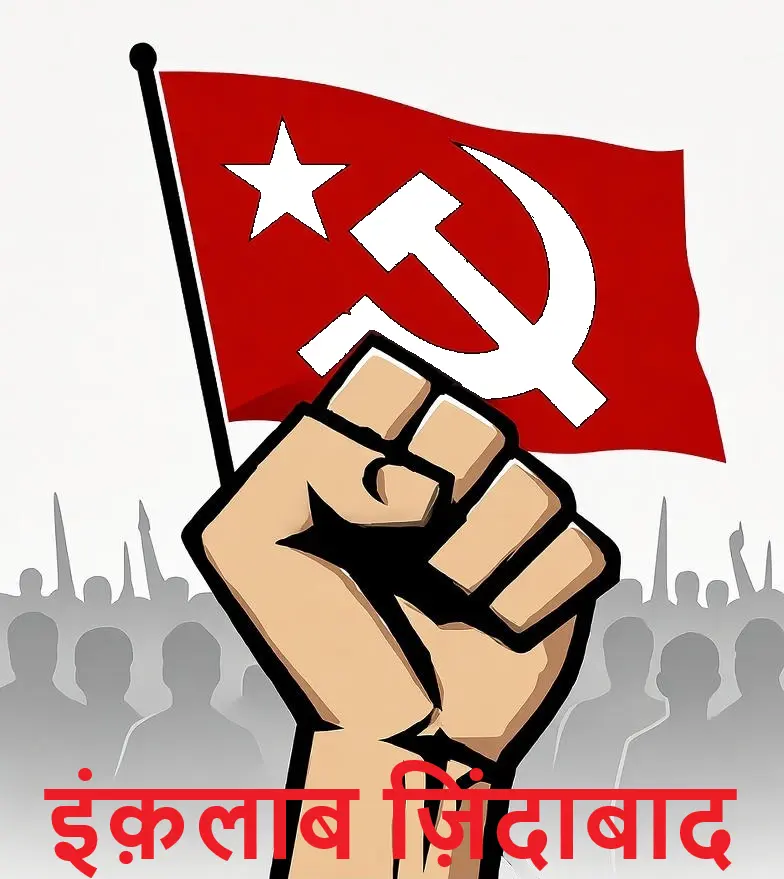Being the President of the All India Agricultural Workers Union (AIAWU) and a State Committee Member of the Communist Party of India (Marxist) (CPIM) is a position of great responsibility and influence. In this blog post, we will explore the roles and responsibilities of these positions and the impact they have on the agricultural workers and the political landscape of the state.
The President of AIAWU
The All India Agricultural Workers Union (AIAWU) is one of the largest trade unions in India, dedicated to representing the rights and interests of agricultural workers across the country. As the President of AIAWU, the individual holds a crucial role in advocating for the welfare and rights of the agricultural workforce.
The President of AIAWU is responsible for leading the union and ensuring that the interests of the agricultural workers are protected. This involves organizing and coordinating various activities, such as protests, strikes, and negotiations with employers and government authorities. The President also plays a vital role in formulating policies and strategies to address the challenges faced by agricultural workers, including issues related to wages, working conditions, and social security.
Furthermore, the President of AIAWU represents the union at various forums, both nationally and internationally, to raise awareness about the plight of agricultural workers and advocate for their rights. This includes participating in conferences, meetings, and discussions with policymakers, trade unions, and non-governmental organizations.
The State Committee Member of CPIM
The Communist Party of India (Marxist) (CPIM) is a major political party in India, known for its socialist and communist ideologies. As a State Committee Member of CPIM, the individual holds a significant position within the party’s organizational structure and plays a crucial role in shaping the party’s policies and strategies at the state level.
The State Committee Member is responsible for representing the CPIM in the state and working towards the party’s objectives. This involves participating in meetings, discussions, and decision-making processes to formulate the party’s stance on various political and social issues. The State Committee Member also plays a crucial role in mobilizing party workers and supporters, organizing campaigns, and coordinating party activities in the state.
Additionally, the State Committee Member of CPIM acts as a liaison between the party leadership and the local party units, ensuring effective communication and coordination. They also play a vital role in building alliances and coalitions with other political parties and organizations to advance the party’s agenda.
Conclusion
The President of AIAWU and the State Committee Member of CPIM hold positions of immense responsibility and influence. They play a crucial role in advocating for the rights and welfare of agricultural workers and shaping the political landscape of the state. Through their leadership and activism, they strive to bring about positive change and improve the lives of agricultural workers in India.




